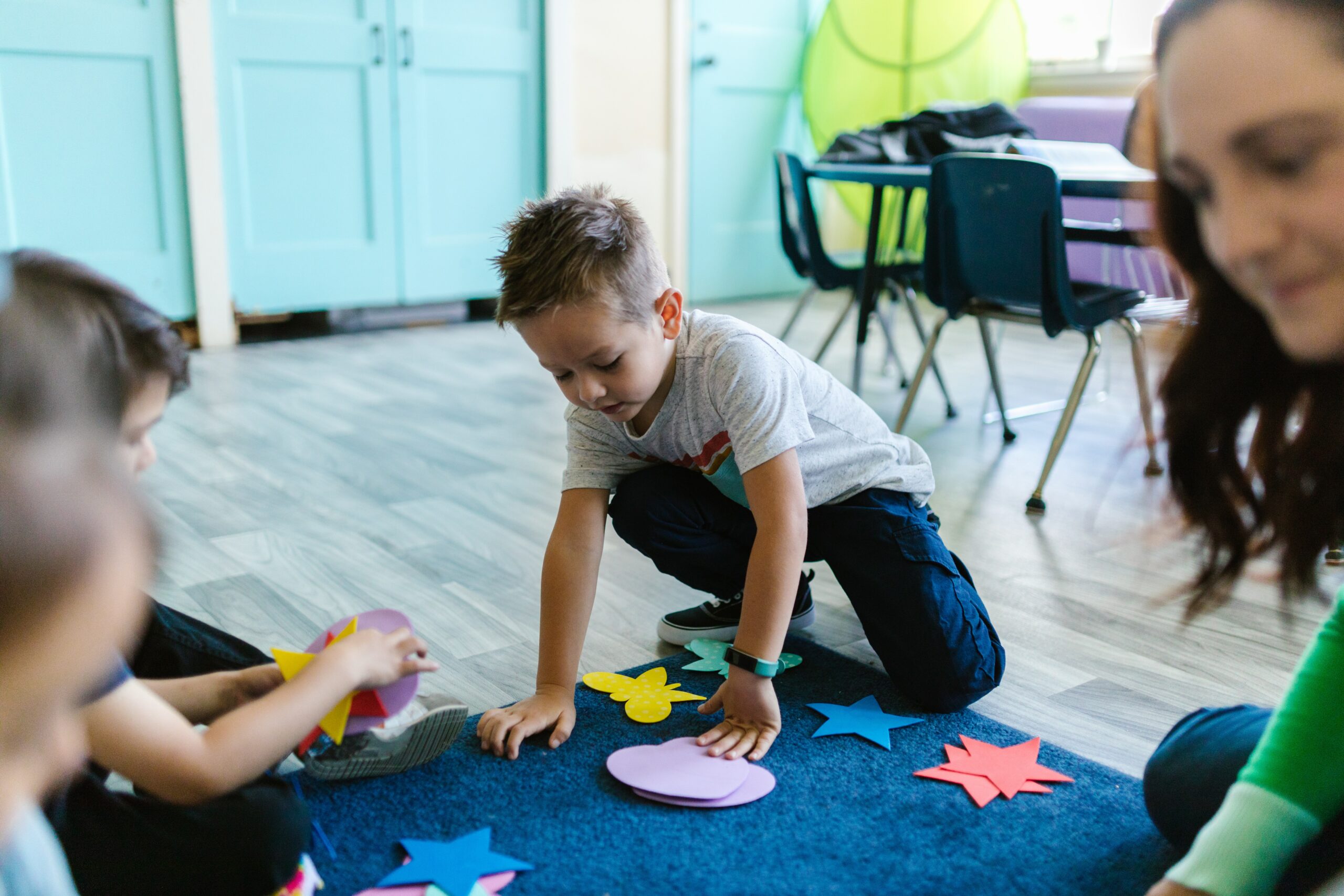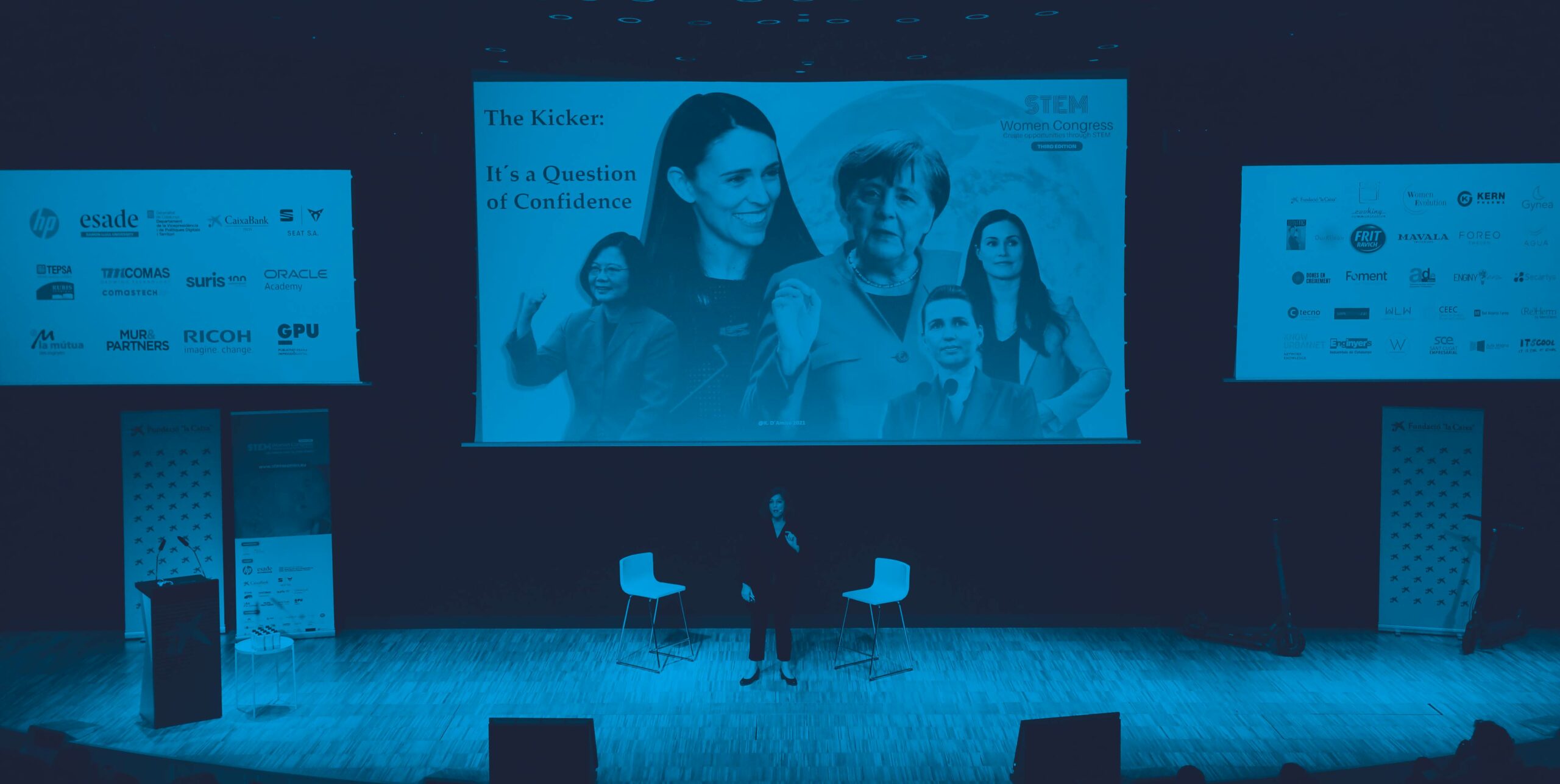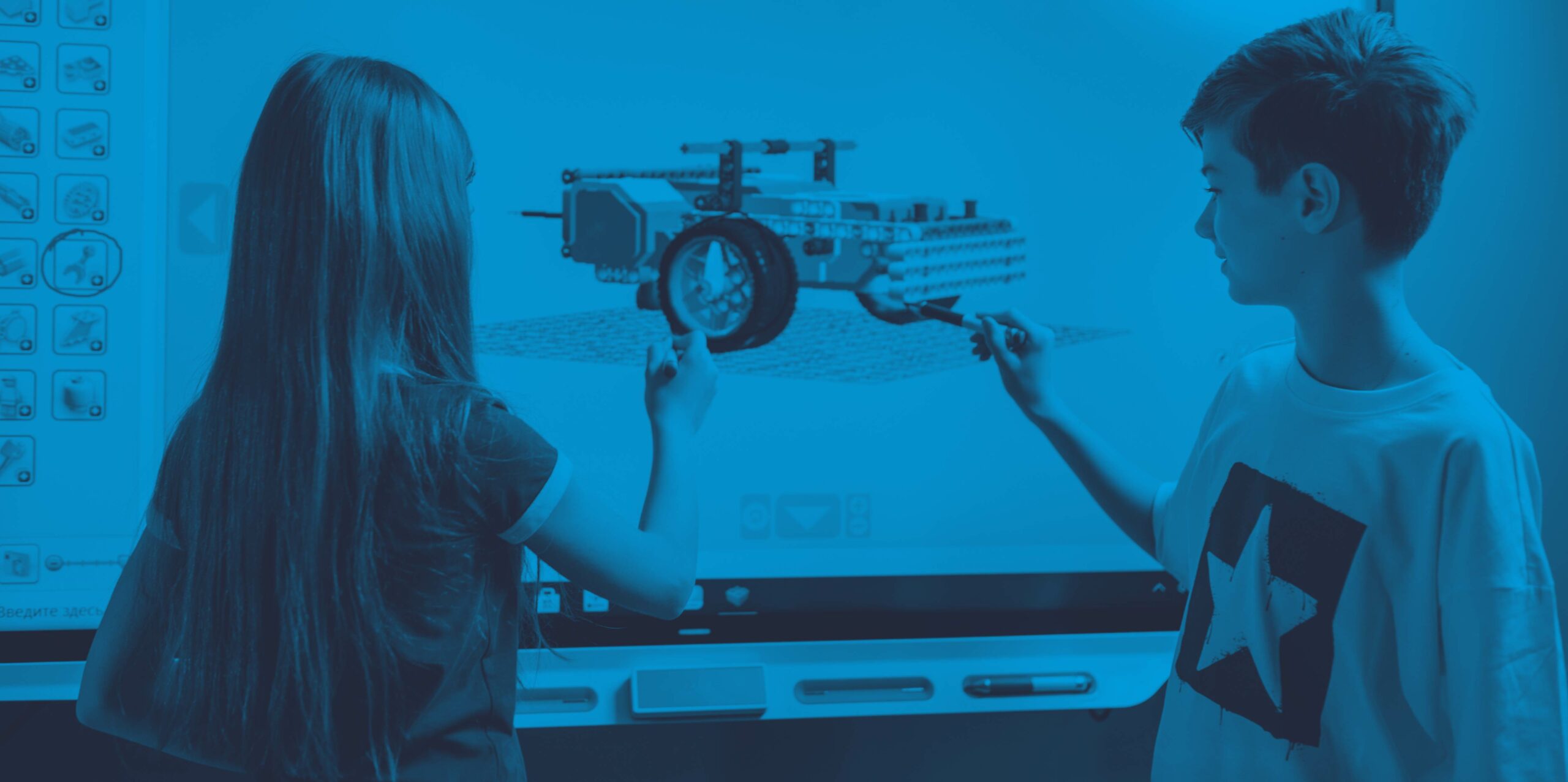The quest for a social disposition consolidated by social networks has infiltrated education and its system; as Borja Negrete[1] says: the need for social approval and the fact of appearing to be what one is not.
The education system has always been questioned, and teachers have gradually modified their pedagogical nature to adapt to new realities. Those who say that classrooms haven’t changed are because they have a redundant vision of what education and teaching are: the classrooms, the tables and chairs, the blackboard, etc.; all of these is accessory. But the ones in the classroom or are genuinely interested in what is done in education are aware that the world has dramatically changed and expect that education also does.
This situation has led to the fact that most schools prefer to be labelled as innovative at all costs, nowadays. It is not that we should not innovate; on the contrary, we need to update, optimise and improve the whole system: we know that it does not work perfectly, and there is always some area to improve. An innovative project is cooked over a slow fire and needs to be internalised by everyone involved in it.
Descartes said, Like a man walking alone and in the dark, I decided to go so slowly and proceed with such circumspection in all things that, even if I did not make much progress, I would at least keep myself from falling…[2]
Another aspect that should be taken into account is that innovation must be based on the objective evidence that modernization can improve a problem that needs to be solved. To paraphrase Descartes again: it is better to innovate little but with the certainty of not spoiling the learning process of any student. We cannot expect innovations to come from revelatory dreams. They cannot be illuminations out of thin air.

The innovation must be based on the objective evidence that modernization can improve a problem that needs to be solved.
I reiterate that it is clear that we must innovate because, as Mark Stevenson, creator of the law of the pragmatic optimist, says: if we do not imagine a better world, we condemn it to be worse[3]. But it has to be done with an idea of improvement, a dream of prosperity, a utopian vision of what we want education to be, in this case. However, in today’s society of immediacy and marketing, innovation does not advance steadily and surely, and there is still a long way to go.
Some examples of innovations that are not quite there yet
- The full use of tablets or laptops when there are studies that show the opposite. [4]
- The total use of interactive networks, when some studies show that this is counterproductive. [5]
- Stopping handwriting when not doing so hinders the secure consolidation of learning. [6]
- Poor ITC teaching, programming students for specific tools and not making them competent. [7]
- A misunderstood way of exercising freedom in education that disorients students. [8]
- Or being centres that sign up for many conferences, competitions, events, etc., knowing that their students will not receive the appropriate transfer acceptably.
The question, then, is: why do some schools continue to promote specific innovations when studies show that they are not appropriate? One of the answers to this question has to do with what I stated at the beginning; allow me to use a neologism: posturing, wanting to appear to be something you are not, claiming to be a pioneering centre in something, making use of new technologies that other centres cannot yet use, etc.
It must be made clear that this unjustified implementation of innovations is not done in the knowledge of doing it badly, of course, but in good faith, and with a point of egocentrism that is inherent to human beings: thinking that one’s own pedagogical opinion is the best and can only bring benefits. No teacher, no management team, no educational leader wants to do anything harmful for their students. Still, it is essential to justify the innovations or new pedagogical methods one wants to put into practice.
No teacher and no educational leader wants to do anything harmful for their students. Still, it is essential to justify the innovations or new pedagogical methods one wants to put into practice.

Five keys to sustainable innovation
- Innovations must be validated by studies that show, at the very least, that they cannot lead to a deterioration of the system already in place.
- Seek support from experts: if there are doubts about how to develop an innovation, how to put it into practice, it is necessary to contact professionals and experts in pedagogy, didactics, technology, etc.
- Let’s look at the economy: in economics, investment is diversified to minimise risk. Dose the innovations you want to apply in the same context, progressively introducing minor changes, consolidating those that are more functional, rethinking those that have not been so successful, and why not say it, rejecting or reinventing those that have not achieved the expected objectives.
- Avoid frustration: we must take firm steps in the execution of the innovation implementation process. If we have strong evidence that it can bring improvement and is in no way counterproductive to students’ learning, we must go ahead. Not everything will go smoothly in the early stages, but these small hiccups will help us re-evaluate our proposal and make any necessary adjustments.
- Let’s generate knowledge: let’s write down the objectives of the innovation, what hypotheses we expect to be confirmed, let’s develop a sequential follow-up of the evolution of this innovation, and let’s evaluate how it has gone. And let’s make all this known: let’s publish it.
In conclusion: classrooms cannot continue to have a blackboard as a central element, and emerging technologies and new methodologies must be allowed to occupy their rightful space and time; however, it must always be guaranteed that innovation processes are carried out following quality standards and will be subject to research and evaluation to ensure that they are adapted to the real needs of students.
References
[1] Negrete, Borja. (05/05/2016). ‘Postureo’: El arte de aparentar ser un triunfador. El Mundo. https://www.elmundo.es/sociedad/2016/05/05/572a0c69268e3e240d8b45f9.html [Accessed: 14/10/2021] [2] Descartes, R. (1637). Introduction chapter 17. Translation by Arnau Gras. El discurso del Método. Ley.
[3] Punset, Eduard. (06/03/2013). Claves para enfrentarse al mundo hoy. RTVE. https://www.rtve.es/television/20130306/claves-para-enfrentarse-mundo-hoy/614146.shtml [Accessed: 14/10/2021] [4] La Vanguardia. (10/09/2021). Així afecta el cervell de les criatures estar enganxades a la pantalla del mòbil. RAC1. https://www.rac1.cat/societat/20210910/4101641743666/educacio-pantalles-mobils-cervell-nens-pedagogia-tecnologia-desenvolupament.html [Accessed: 14/10/2021] [5] Delgado, P., Vargas, C., Ackerman, R. i Salmerón, L. (2018). Don’t throw away your printed books: A meta-analysis on the effects of reading media on reading comprehension. Educational Research. https://www.sciencedirect.com/science/article/pii/S1747938X18300101 [Accessed: 14/10/2021] [6] Askvik, E., Van der Weel, R. i Van der Meer, A. (28/07/2020). La importancia de la escritura cursiva sobre la mecanografía para el aprendizaje en el aula: un estudio de electroencefalograma de alta densidad de niños de 12 años y adultos jóvenes. Frontiers en psicología. https://www.frontiersin.org/articles/10.3389/fpsyg.2020.01810/full [Accessed: 14/10/2021] [7] Cobo, Cristóbal. (17/10/2019).¿Cómo se educa para decodificar lo desconocido?. World Bank Blogs. https://blogs.worldbank.org/edutech/how-do-you-educate-decode-unknown [Accessed: 14/10/2021] [8] Pérez, Ani. (20/09/2021). La introducció de les pedagogies alternatives a l’escola pública representa un perill per a la classe obrera. Directa. https://directa.cat/la-introduccio-de-les-pedagogies-alternatives-a-lescola-publica-representa-un-perill-per-a-la-classe-obrera/ [Accessed: 14/10/2021]
You might also like








Leave A Comment